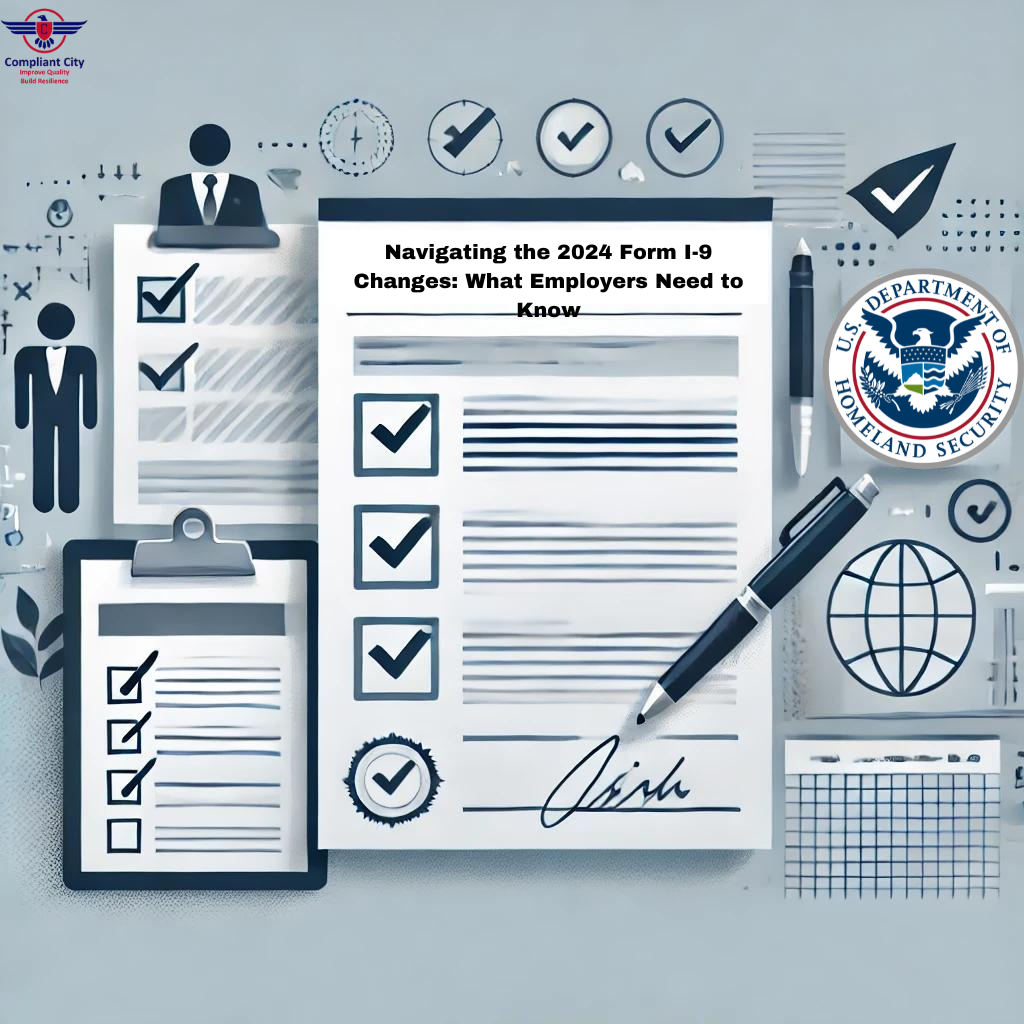Navigating the complexities of multi-state payroll compliance is a critical task for businesses operating in multiple states. With varying state regulations, tax requirements, and labor laws, staying compliant can be challenging. This guide will provide you with comprehensive insights and practical tips to ensure your business remains compliant in 2024 and beyond.

Understanding Multi-State Payroll Compliance
Multi-state payroll compliance involves adhering to the payroll regulations of multiple states where your employees work. This includes correctly withholding state income taxes, understanding state-specific wage and hour laws, and managing unemployment insurance contributions.
Key Challenges in Multi-State Payroll Compliance
- Varied State Tax Withholding: Each state has its own tax withholding requirements. Understanding the nuances of each state’s tax laws is crucial to ensure accurate tax withholding.
- Differing Wage and Hour Laws: States have unique minimum wage rates, overtime rules, and break requirements. Staying updated on these laws is essential to avoid penalties.
- Unemployment Insurance: Employers must comply with state-specific unemployment insurance regulations, which can vary significantly.
- Employee Work Locations: With remote work becoming more common, employees may work from different states, complicating payroll compliance further.
- State-Specific Reporting Requirements: Each state has its own payroll reporting requirements and deadlines. Ensuring timely and accurate reporting is key to maintaining compliance.
Best Practices for Multi-State Payroll Compliance
- Stay Informed About State Laws: Regularly update your knowledge of state-specific payroll laws and regulations. Utilize state government websites and reputable compliance resources.
- Leverage Technology: Use payroll software that supports multi-state payroll processing. These tools can automate tax calculations and ensure compliance with state-specific laws.
- Consult with Experts: Seek guidance from payroll compliance experts or legal professionals specializing in multi-state payroll issues.
- Implement a Robust Payroll System: Ensure your payroll system can handle the complexities of multi-state payroll, including accurate tax withholding and reporting.
- Conduct Regular Audits: Periodically review your payroll processes and records to identify and rectify compliance issues.
Common Mistakes to Avoid
- Ignoring Remote Work Regulations: Failing to consider the tax implications of remote workers can lead to compliance issues.
- Overlooking State-Specific Laws: Assuming all states have similar laws can result in non-compliance. Pay attention to the unique requirements of each state.
- Inaccurate Record-Keeping: Poor record-keeping can lead to reporting errors and penalties. Maintain accurate and up-to-date payroll records.
Staying Ahead in 2024
As regulations continue to evolve, staying ahead in payroll compliance requires continuous learning and adaptation. Consider attending webinars and training sessions on multi-state payroll compliance to stay informed about the latest developments.

